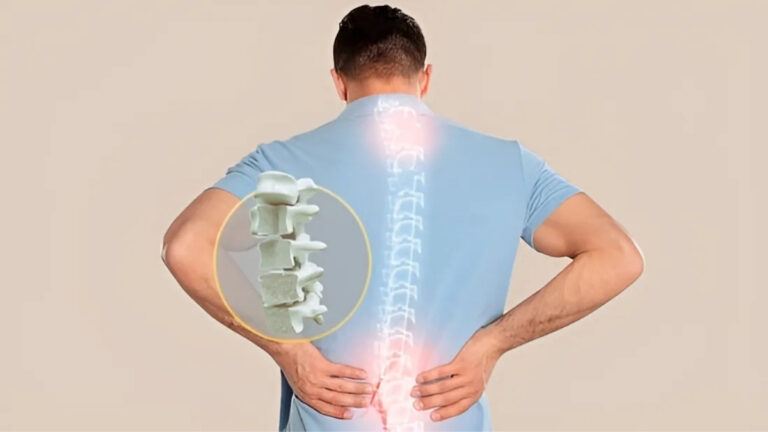Why Are Healthy, Young Men Now the Fastest-Growing Group for Heart Attacks?

Picture this: You’re 28, hit the gym regularly, and consider yourself healthy. Then suddenly, crushing chest pain sends you to the emergency room with a heart attack. This nightmare scenario is becoming reality for thousands of young men across America.
Heart attacks among men under 40 have doubled in just one decade, shattering the myth that cardiovascular disease only affects older adults. Emergency rooms are witnessing an unprecedented surge of young, seemingly fit men experiencing what was once considered an “old man’s disease.”
The causes behind this deadly epidemic are hiding in plain sight within our modern lifestyle. From the foods we eat to the stress we carry, multiple factors are creating cardiovascular time bombs in healthy young hearts.

Understanding these hidden dangers could be the difference between life and death. The good news? Most of these risk factors are completely preventable once you know what to look for.
1. The Alarming Statistical Reality
Heart attacks among young adults have skyrocketed in ways that shock medical professionals worldwide. Just ten years ago, only 1 in 10 heart attacks happened to people under 40, but today that number has doubled to 1 in 5 cases.
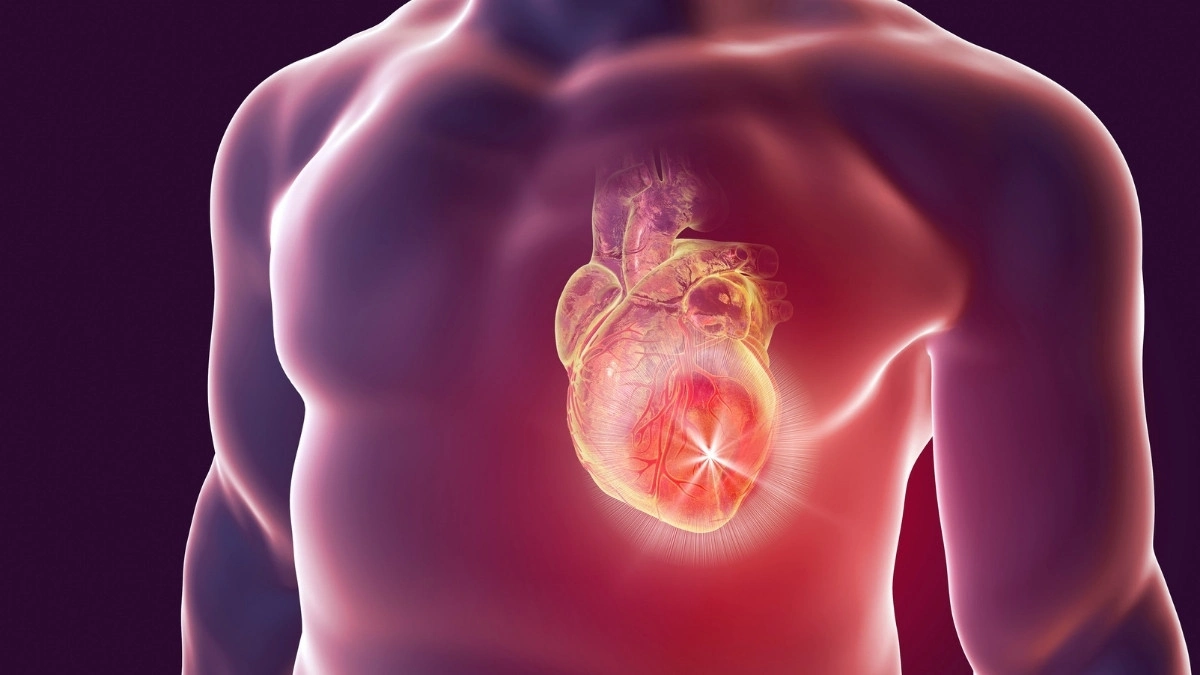
Hospital emergency rooms across America are witnessing an unprecedented surge in young patients clutching their chests, experiencing what was once considered an “old person’s disease.” The statistics paint a grim picture that challenges everything we thought we knew about cardiovascular health.
Between 2000 and 2016, heart attacks in people under 50 increased by 2% annually, creating a health crisis that’s only getting worse. Medical researchers are scrambling to understand why seemingly healthy young men are suffering heart attacks at rates never seen before. This trend represents one of the most significant public health challenges of our generation.
Key Tips:
- Get your blood pressure and cholesterol checked annually, even if you feel healthy
- Track your family history of heart disease and share it with your doctor
- Don’t ignore chest pain or unusual fatigue – young hearts can fail too
2. COVID-19: The Game-Changing Catalyst
The pandemic didn’t just change how we work and socialize – it fundamentally altered the landscape of heart disease in young adults. Heart attacks in people aged 25 to 44 jumped by 30% during the first two years of COVID-19, far exceeding what doctors expected to see.

The virus attacks more than just the lungs, causing widespread inflammation throughout the cardiovascular system that can persist for months after recovery. Young men who contracted COVID-19, even with mild symptoms, faced significantly higher risks of developing blood clots, irregular heartbeats, and damaged heart muscle.
The inflammatory response triggered by the virus can weaken arteries and increase the likelihood of dangerous blockages forming. Scientists are still discovering the long-term cardiovascular consequences of COVID-19 infections. Many young adults who survived the virus are now dealing with heart problems they never had before.
Key Tips:
- Stay updated with COVID-19 vaccinations to reduce severe infection risks
- Monitor your heart health more closely if you’ve had COVID-19, even mild cases
- Report any persistent chest pain, shortness of breath, or heart palpitations to your doctor
3. The Modern Diet Disaster
Today’s young adults are the first generation raised on a steady diet of ultra-processed foods, and their hearts are paying the price. Fast food meals, packaged snacks, and convenience foods have replaced home-cooked meals, creating a perfect storm of inflammation in young arteries.

These heavily processed foods contain sky-high levels of sodium, sugar, and unhealthy fats that trigger chronic inflammation throughout the body. The average young adult consumes nearly 60% of their daily calories from processed foods, compared to just 20% for previous generations. This dietary shift is causing plaque buildup in arteries decades earlier than doctors have ever seen before.
The convenience culture has made it easier to grab a burger than prepare a salad, fundamentally changing how our cardiovascular systems develop. Restaurant portions have also grown larger, contributing to obesity and metabolic dysfunction in people who should be in their physical prime.
Key Tips:
- Cook at home at least 4-5 times per week using whole, unprocessed ingredients
- Read nutrition labels and avoid foods with more than 5 ingredients you can’t pronounce
- Replace sugary drinks with water and limit fast food to once per week maximum
4. The Sedentary Lifestyle Epidemic
Modern work culture has transformed young adults into desk-bound creatures, spending 8-12 hours daily hunched over computers with minimal movement. This dramatic shift from active to sedentary lifestyles is creating cardiovascular time bombs in bodies designed for movement.

The human heart was built to pump blood through an active, moving body, not to strain against the effects of prolonged sitting and inactivity. Extended periods of sitting cause blood to pool in the legs, increase blood pressure, and reduce the heart’s efficiency over time.
Regular physical activity that previous generations got naturally through manual labor and daily activities has virtually disappeared from most young adults’ lives. Screen time has replaced playground time, and commutes involve sitting in cars rather than walking or biking. This lack of movement is literally weakening hearts before they reach their 30th birthday.
Key Tips:
- Stand and move for 5 minutes every hour during work to improve circulation
- Aim for 150 minutes of moderate exercise weekly, even if broken into 10-minute chunks
- Take stairs instead of elevators and park farther away to add natural movement to your day
5. Mental Health: The Hidden Heart Killer
The anxiety generation is facing a mental health crisis that’s directly attacking their hearts in ways medical science is just beginning to understand. Young adults with depression, anxiety, or chronic stress show significantly higher rates of heart attacks and cardiovascular disease compared to their mentally healthy peers.

Constant stress floods the body with cortisol and adrenaline, hormones that damage blood vessels and increase inflammation throughout the cardiovascular system.
Social media pressure, financial uncertainty, and career stress create a toxic combination that keeps young hearts in a perpetual state of fight-or-flight response. The connection between mental and heart health is so strong that depression doubles the risk of developing heart disease before age 40.
Key Tips:
- Practice stress-reduction techniques like deep breathing, meditation, or yoga for 10 minutes daily
- Seek professional help for persistent anxiety or depression – your heart depends on it
- Limit social media use and news consumption that increases stress and anxiety levels
6. Vaping: The New Tobacco Crisis
Young adults who thought they were making a healthier choice by switching to e-cigarettes are discovering a harsh reality about their hearts. Research shows that people who vape face higher heart attack risks than non-smokers, with the danger increasing dramatically for those who both smoke and vape.

E-cigarettes contain nicotine and chemicals that cause blood vessels to constrict, raise blood pressure, and increase heart rate within minutes of use. The myth that vaping is harmless has led millions of young adults to develop nicotine addictions while unknowingly damaging their cardiovascular systems.
Studies reveal that regular vaping can cause the same type of arterial stiffening and inflammation seen in traditional cigarette smokers. Many young men are experiencing heart palpitations, chest pain, and breathing difficulties after months or years of regular vaping.
Key Tips:
- Quit vaping immediately and seek help from smoking cessation programs if needed
- Monitor your heart rate and blood pressure regularly if you currently vape
- Replace vaping habits with healthier stress-relief activities like exercise or deep breathing
7. Sleep Deprivation and Screen Time
The always-connected generation is paying for their 24/7 digital lifestyle with their cardiovascular health in ways that are both measurable and alarming. Poor sleep quality directly impacts the body’s ability to regulate blood pressure, blood sugar levels, and inflammatory responses throughout the circulatory system.

Screen time before bed disrupts natural sleep patterns, while blue light exposure interferes with melatonin production and heart rate recovery. Young adults averaging less than six hours of sleep nightly show significantly higher rates of high blood pressure and irregular heartbeats.
Sleep deprivation forces the heart to work harder during waking hours, leading to premature wear and increased risk of sudden cardiac events. Chronic sleep loss also triggers stress hormone release that damages blood vessel walls over time.
Key Tips:
- Turn off all screens at least one hour before bedtime to improve sleep quality
- Aim for 7-9 hours of sleep nightly and maintain consistent bedtime schedules
- Create a dark, cool sleeping environment free from electronic devices and notifications
8. Diabetes and Obesity: Starting Younger Than Ever
Metabolic disorders that once appeared in middle age are now striking people in their twenties and thirties with devastating consequences for heart health. The number of young adults aged 20-44 with diabetes has increased from 3% to 4% in just eleven years, representing hundreds of thousands of new cases.
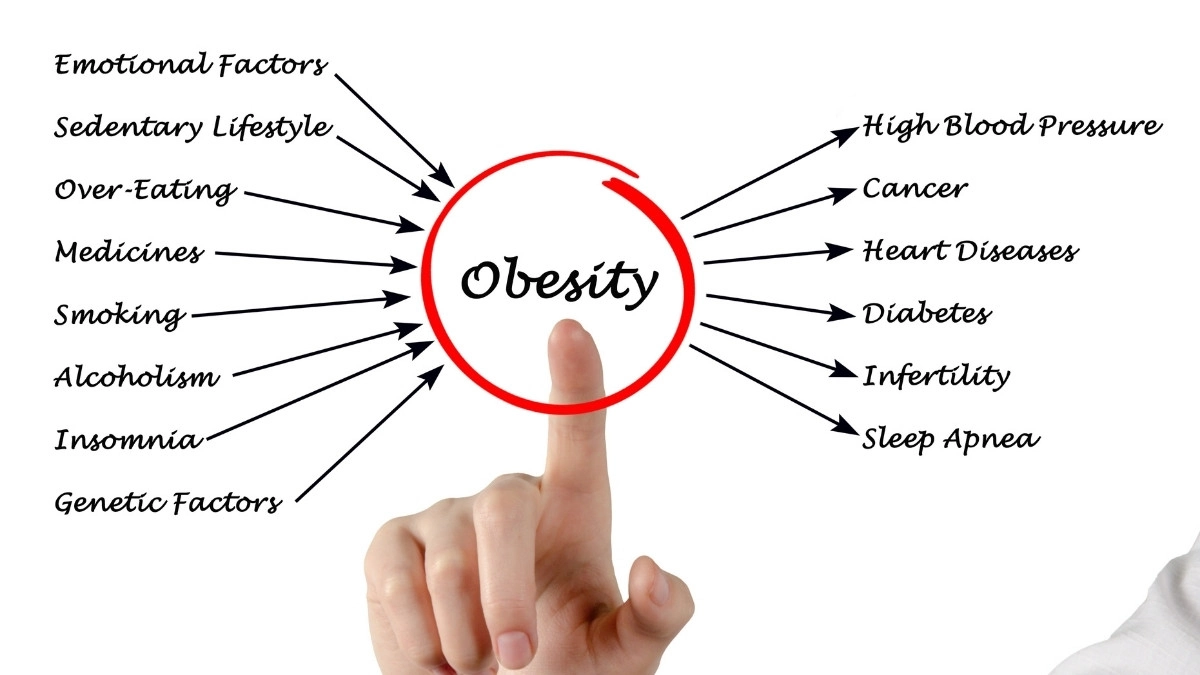
This dramatic rise correlates directly with increased heart attack rates, as diabetes doubles the risk of cardiovascular disease in young adults. High blood sugar levels damage blood vessel walls, making them more susceptible to dangerous blockages and inflammation.
One in five people who suffer heart attacks before age 50 also have diabetes, showing the deadly connection between these conditions. Early onset obesity compounds these risks by increasing blood pressure, cholesterol levels, and insulin resistance simultaneously.
Key Tips:
- Get annual blood sugar tests starting at age 25, especially if you have risk factors
- Maintain a healthy weight through portion control and regular physical activity
- Learn to recognize diabetes symptoms like excessive thirst, frequent urination, and fatigue
9. The Social Media Stress Factor
Digital connectivity has created unprecedented levels of chronic stress in young adults, triggering cardiovascular inflammation that ages hearts decades beyond their years. Constant comparison with others on social platforms, cyberbullying, and information overload keep stress hormones elevated throughout the day and night.

The fear of missing out, online harassment, and pressure to maintain a curated online image create persistent anxiety that directly impacts heart function. Studies show that heavy social media users experience higher cortisol levels, increased blood pressure, and irregular heart rhythms compared to those with limited digital exposure.
The addictive nature of social platforms keeps young adults in a perpetual state of stress response, preventing their cardiovascular systems from recovering. Notification sounds alone can trigger fight-or-flight responses that strain the heart muscle over time.
Key Tips:
- Set specific times for social media use and stick to them to reduce chronic stress
- Turn off non-essential notifications to prevent constant stress hormone spikes
- Practice digital detox periods where you completely disconnect from social platforms for mental recovery
10. Substance Use and Heart Risk
Party culture and recreational drug use among young adults create a dangerous combination that significantly increases heart attack risk when combined with other lifestyle factors. Alcohol, marijuana, cocaine, and other substances can trigger irregular heartbeats, blood pressure spikes, and dangerous interactions with existing cardiovascular stress.

Binge drinking, common among college students and young professionals, causes temporary but severe stress on heart muscle that can lead to lasting damage. Energy drinks mixed with alcohol create particularly dangerous combinations that can cause heart palpitations and dangerously elevated blood pressure.
Young adults who combine substance use with poor diet, lack of sleep, and high stress face exponentially higher risks of sudden cardiac events. Many recreational drugs, including marijuana and stimulants, can cause blood vessels to constrict and increase the likelihood of blood clots forming.
Key Tips:
- Limit alcohol consumption to recommended guidelines and avoid binge drinking entirely
- Never mix energy drinks with alcohol or other substances that affect heart rate
- Be aware that even marijuana use can trigger heart palpitations and blood pressure changes in some people
11. Undiagnosed Genetic Conditions
Hidden genetic conditions are silently threatening young men’s hearts, with most cases going completely undetected until it’s too late. Familial hypercholesterolemia affects roughly 1 in 250 people, causing dangerously high cholesterol levels from birth, yet doctors only diagnose about 10% of all cases.
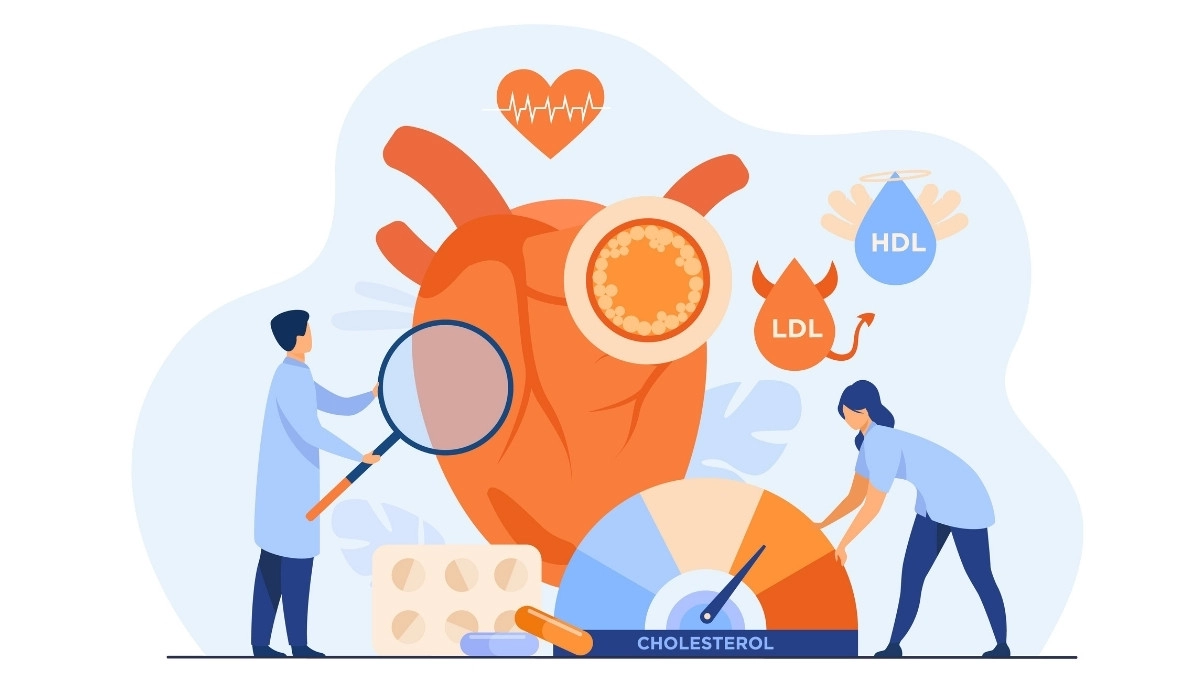
This inherited condition makes arteries clog with plaque decades earlier than normal, creating ticking time bombs in seemingly healthy young adults. Half of men with untreated familial hypercholesterolemia will suffer heart attacks before reaching age 50, making early detection crucial for survival. Many young adults have no idea they carry these genetic variants until they experience chest pain or worse.
Key Tips:
- Research your family’s heart disease history and share detailed information with your doctor
- Request genetic testing if multiple family members had early heart attacks or high cholesterol
- Get comprehensive cholesterol screening by age 20 if you have any family history of heart disease
12. The Gender Gap Mystery
A puzzling paradox exists in young adult heart disease that challenges medical understanding of gender and cardiovascular risk. Young men suffer heart attacks at much higher rates than women, but young women who do have heart attacks are 1.6 times more likely to die within the first year.
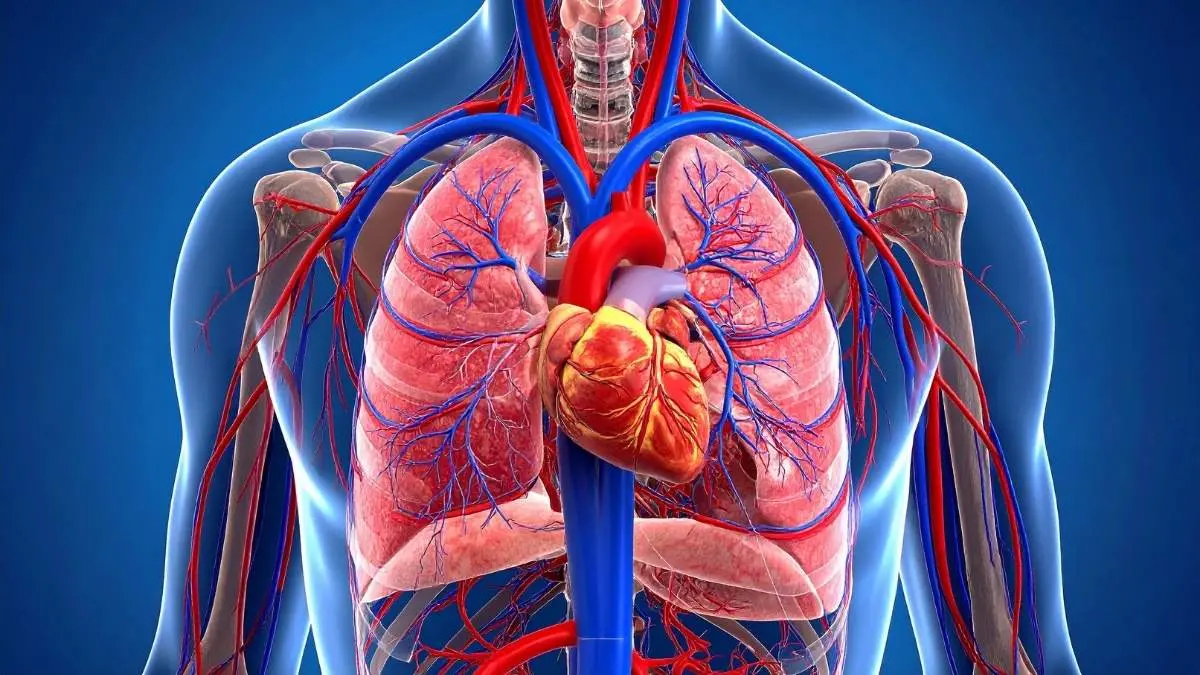
Men typically experience classic symptoms like crushing chest pain, making diagnosis straightforward, while women often have subtle signs that get overlooked by emergency room staff.
Women are more likely to have diabetes, smoke, or experience depression when they have heart attacks, all factors that worsen outcomes significantly. The medical system has historically focused on male heart attack patterns, leaving young women vulnerable to misdiagnosis and delayed treatment.
Key Tips:
- Women should learn atypical heart attack symptoms like nausea, jaw pain, and extreme fatigue
- Men shouldn’t ignore chest pain thinking they’re too young for heart problems
- Both genders need advocates in emergency rooms to ensure proper cardiac evaluation and treatment
13. Environmental and Socioeconomic Factors
Where you live, work, and grew up significantly impacts your heart attack risk in ways that go far beyond personal lifestyle choices. Air pollution from traffic and industrial sources directly damages blood vessels, while food deserts force young adults to rely on processed foods from convenience stores. Economic stress from student loans, housing costs, and job insecurity creates chronic inflammation that ages hearts prematurely.

Young adults in lower-income neighborhoods face triple threats of poor air quality, limited access to healthy foods, and higher stress levels that compound cardiovascular risk. Work environments with long hours, night shifts, and high pressure contribute to elevated blood pressure and irregular sleep patterns that strain developing hearts.
Key Tips:
- Check air quality indexes and limit outdoor exercise on high-pollution days
- Advocate for healthier food options in your workplace and community
- Recognize that financial stress affects physical health and seek support when needed
14. The Healthcare Gap: Prevention vs. Treatment
Young adults are falling through dangerous cracks in the healthcare system, with most having no idea they’re developing heart disease until it’s too late. Many people in their twenties and thirties have never had their cholesterol checked or know their current blood pressure numbers.

The healthcare system excels at treating heart attacks after they happen but fails miserably at preventing them in younger populations. Most young adults assume they’re too young for heart problems and skip routine screenings that could save their lives. Insurance companies and doctors often focus on immediate concerns rather than long-term cardiovascular risk assessment in younger patients.
Key Tips:
- Insist on annual blood pressure and cholesterol screenings starting at age 20
- Find a primary care doctor who takes cardiovascular prevention seriously in young adults
- Use free health screenings at pharmacies and community centers if you lack insurance
15. The Path Forward: Prevention and Intervention
Reversing the young adult heart attack epidemic requires immediate action on multiple fronts, from individual lifestyle changes to systemic healthcare reforms. Early prevention offers the best hope, as the longer people live with risk factors, the greater their chances of developing serious heart disease.

Simple interventions like regular exercise, stress management, and healthy eating can dramatically reduce cardiovascular risk when started early. Healthcare systems must prioritize prevention over treatment by making screening accessible and affordable for young adults. Policy changes addressing food marketing, workplace wellness, and environmental health could save thousands of young lives each year.
Key Tips:
- Start heart-healthy habits now regardless of your current age or risk level
- Support workplace wellness programs and policies that promote cardiovascular health
- Advocate for better preventive care coverage in health insurance plans for young adults
Final Thought:
The heart attack epidemic among young men represents one of the most preventable health crises of our time, yet it continues to claim lives at an alarming rate. This generation faces unique challenges that previous generations never encountered, from digital stress and processed foods to sedentary lifestyles and environmental toxins.

However, awareness is the first step toward change, and young adults have the power to rewrite their cardiovascular destiny through informed choices and proactive healthcare. The time to act is now, because waiting until symptoms appear may already be too late to save a young heart that should beat strong for decades to come.






